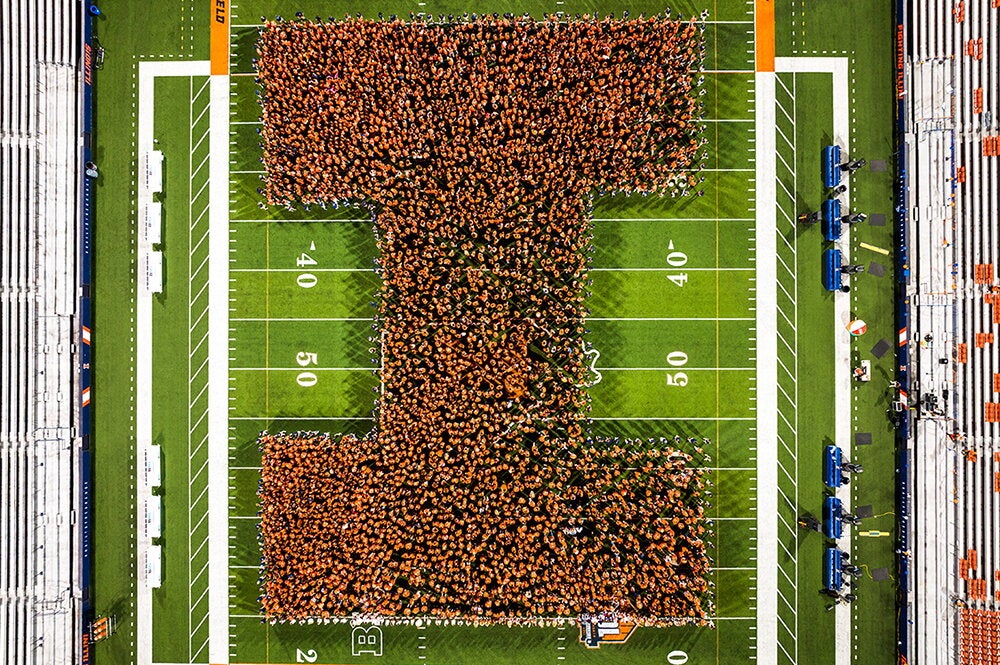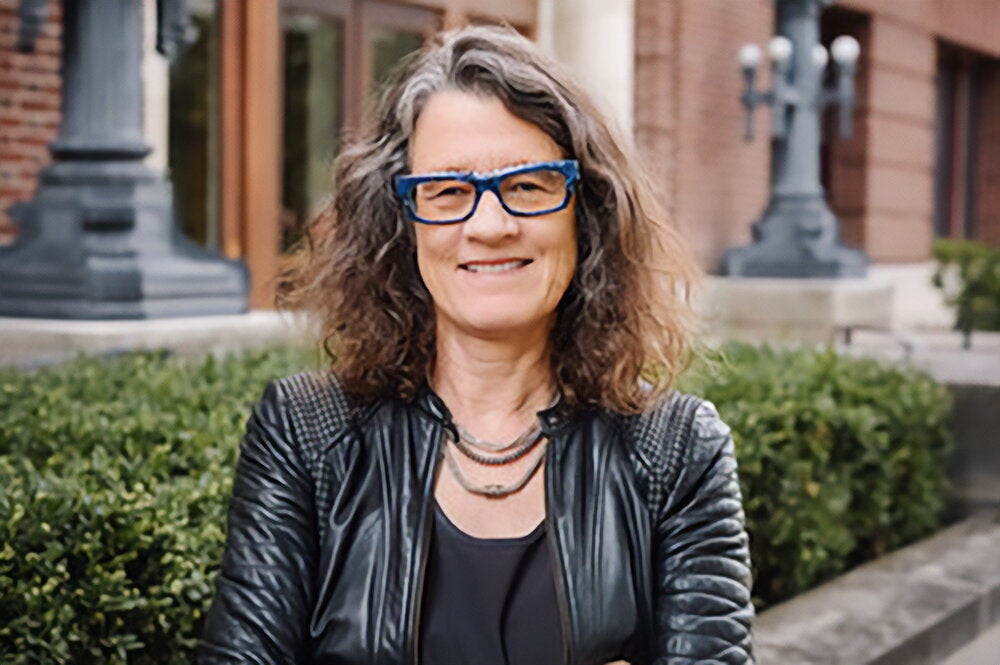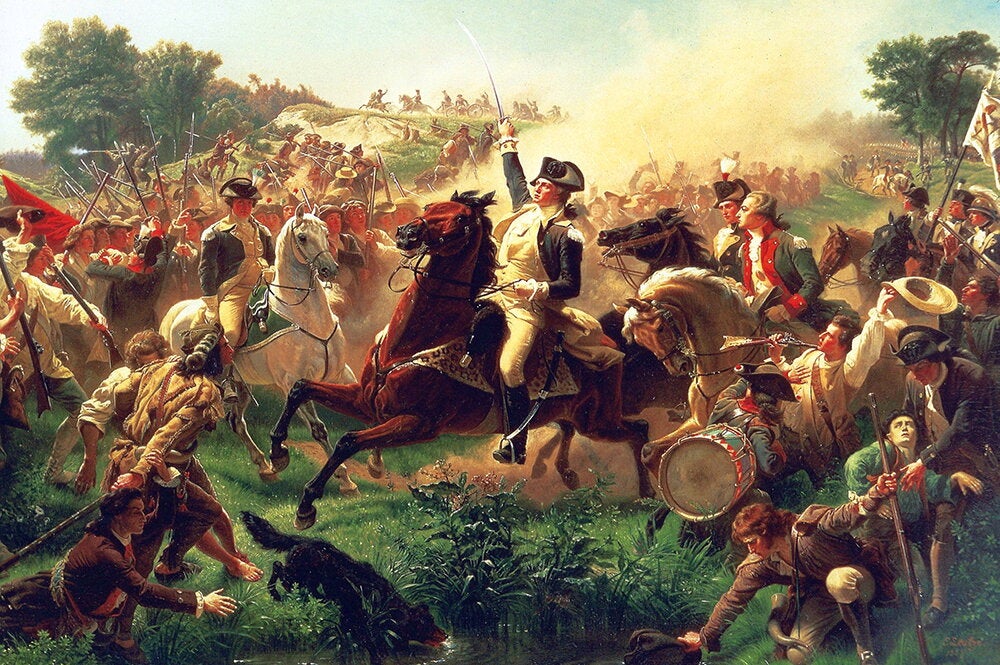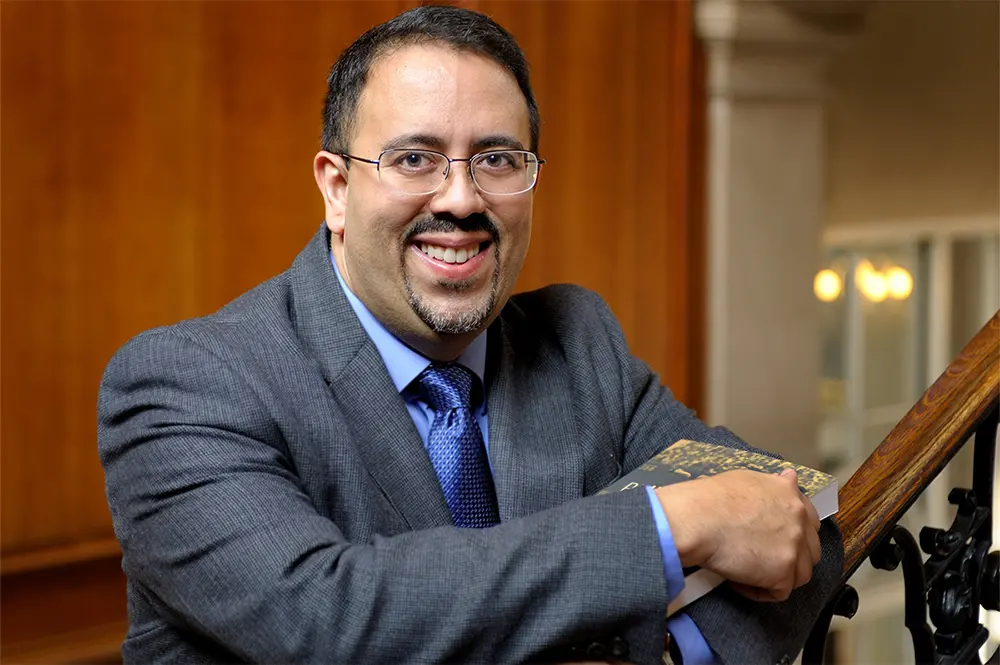
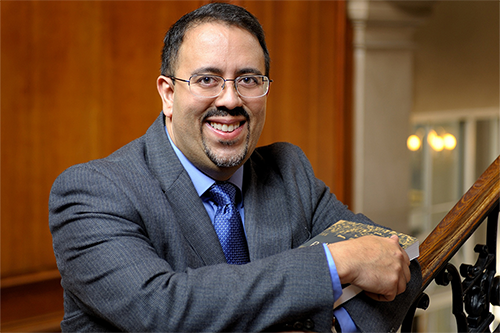
Baseball is America’s game. But for more than a century it’s also been the game of Cubans, Puerto Ricans, Dominicans, and many others in Latin America. It’s also been the game of immigrants who came to the U.S. from those places and their descendants.
“They brought baseball with them. It was not part of their Americanization, it was a part of who they were,” says University of Illinois Urbana-Champaign history professor Adrian Burgos Jr., who has made a career of studying the role of Latinos in the Negro Leagues and Major League Baseball.
Over the last four years, the role of baseball in Latino life in the U.S. has been the focus of “¡Pleibol!,” an artifact collection project organized by the Smithsonian’s National Museum of American History. A museum exhibit based on the project will open in April.
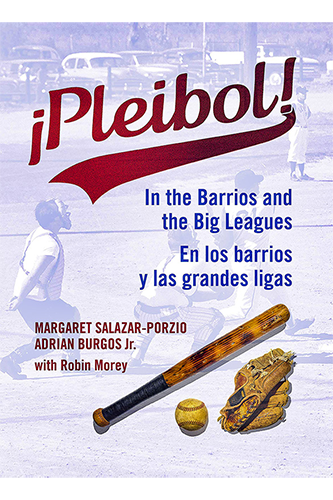
Burgos was recruited early on as the lead consultant and out of that came a book, “¡Pleibol! In the Barrios and the Big Leagues.” Burgos is a co-author with Margaret N. Salazar-Porzio, a curator of Latina/o history and culture at the museum. They will officially launch the book at 2 p.m. CDT Wednesday with an online panel discussion.
Written in both English and Spanish, the book tells the story of the project and of baseball’s role in Latino culture, complete with personal stories, pieces on groundbreaking men and women in the professional ranks, and photos of artifacts.
“What we're trying to capture in the book is the story of Latinos in baseball, which runs literally from that neighborhood level, all the way through the big leagues, and all in between,” Burgos said.
“It's about how baseball provides community for Latinos, how it’s been a pathway that helps them engage in cultural adjustment and learn English and become bilingual. It looks at all kinds of stories of the life that Latinos have lived with and through baseball.”
Burgos wrote two previous books on Latinos in baseball and consulted on the National Baseball Hall of Fame’s Latino-focused “¡Viva Baseball!” exhibit. He also helped organize the Hall of Fame’s La Vida Baseball online platform as its first editor-in-chief.
When asked to be part of the team, “I of course said yes,” Burgos said. “How many times does one, as a scholar, get to collaborate on a collecting initiative with the national museum? This was a way of telling the Latino story through baseball. And that was for me the perfect connection between my scholarly work and my passion for baseball itself.”
As in his previous work, Burgos in “¡Pleibol!” describes the unique role played by Latinos during and after racial segregation in Major League Baseball. Some played in the MLB during the segregation years while most performed in the Negro Leagues. The opportunity for Latinos to play in MLB often depended on whether or not they could pass for white. Several were significantly involved in integrating individual teams and clearing the way for Latinos who would follow.
Among the Major League figures in the book are Orestes “Minnie” Miñoso, the first Afro-Latino in the major leagues, who played for the Chicago White Sox; Roberto Clemente (the “Great One”), Luis Tiant Jr., Felipe Alou and Rod Carew – as well as other past and current stars.
But “¡Pleibol!” also brings in the contributions of trailblazing women in softball leagues and in the All-American Girls Professional Baseball League, which started during World War II. Linda Alvarado, the first Latina or Latino owner of a major league team, the Colorado Rockies, also gets some attention.
The book documents many other aspects of Latino and baseball culture at the community level, including how music and food have become part of the game experience.
Wednesday’s panel discussion through Facebook Live will be moderated by Burgos and is co-hosted by the National Museum of American History and the U of I.
Panelists will explore contemporary issues, journeys and passions of Latino baseball and softball, including efforts in recent years to organize Latino-themed game days with Minor League teams.
